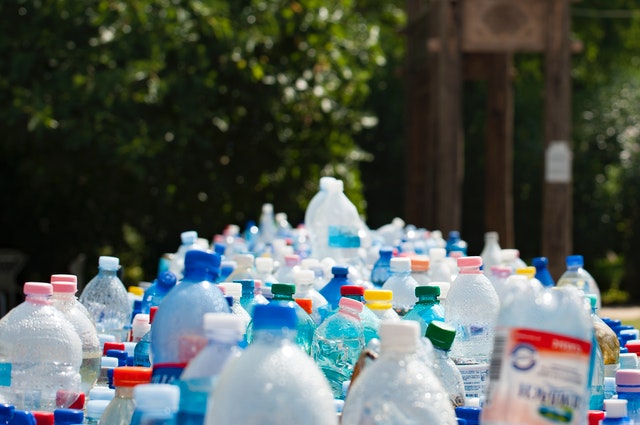Growing a Waste Management Business: Improvement Tips Worth Considering
 No other being on the planet can even come close to human beings as far as producing garbage and waste is concerned! While that’s bad news for the planet, the waste management and disposal business does try to keep things in check, especially today, now that they have access to the technology which allows them to be more efficient in their work. If you have a waste management facility, or you are connected to the garbage industry in some way or another, here are five tips worth considering, as they can boost cost-efficiency, energy efficiency, and efficiency of the actual work itself.
No other being on the planet can even come close to human beings as far as producing garbage and waste is concerned! While that’s bad news for the planet, the waste management and disposal business does try to keep things in check, especially today, now that they have access to the technology which allows them to be more efficient in their work. If you have a waste management facility, or you are connected to the garbage industry in some way or another, here are five tips worth considering, as they can boost cost-efficiency, energy efficiency, and efficiency of the actual work itself.
Consider Specializing in One of the More Profitable Types of Trash Management
A general waste management company is not going to be suitable for taking care of trash from every source. The gear, the equipment, the truck outfits, PPE for the employees, etc., will differ to at least some degree, depending on the garbage’s origin. A few of the most profitable sources of trash in this trade are:
- Leaves, branches, golf balls, and other forms of waste found at sources such as forests, greenhouses, gardens, parks, golf courses, etc.
- General electronic waste from any and all sources
- Food manufacturing/retailing/selling points, such as butcheries, meat packaging plants, food processing plants, restaurants, cafes, bakeries, diners, bars, nightclubs, etc.
- Medical facilities such as healthcare clinics and hospitals
- Construction and renovation sites
- Industrial facilities such as manufacturing and processing plants for non-edibles
- Chemical plants
- Nuclear plants
Invest in Appropriate Equipment
Depending on what type of trash you deal with, the need for equipment will vary, but every waste treatment facility needs oil water separators. However, there are considerable differences between how the different types of separators function, their capacities, and their capability for treating different types of water contaminants. Do your research and only invest in oil water separators that suit the type of waste your facility treats.
Next, we would advise taking some time to learn the differences between compactors and balers, because they both have different use case scenarios. Take a quick look through the main aspects which should be kept in mind while choosing between them:
- Balers are smaller, quicker and thus more suited for small scale waste compression
- Compactors are larger, slower, and capable of handling a lot more trash than any baler can
- Compactors are used mainly for compacting massive quantities of unsorted trash, while balers are more useful for recycling purposes
- Compactors are comparatively easy to operate, while balers can require more training for the operator to be able to use it safely
- Balers are generally more suitable while dealing with hazardous waste
- Compactors are almost always more powerful in their ability to compress trash in smaller heaps (3:1 per yard on an average)
Although more considerations are necessary before making the final purchase decision, it is possible to avoid buying both at the same time, especially when you are just starting out. On the other hand, adding the one that your crew does not have access to yet will most likely broaden your scope of business. Later on, though, you may need to buy or rent both balers and compactors.
Do Not Ignore the Necessary Licensing Needs
Decide which of the facilities or sectors your company would best benefit from catering to, and then stick to it for the time being. It is common to believe that specialization might lower your revenue generation, but you would be wrong because:
- There are strict rules and regulations which prevent trash removal and management companies from trying to handle trash that they are not licensed to handle
- On being found guilty of doing so, loss of your company license for waste management is likely
- Even in cases where the company is found to be at fault unwittingly, heavy fines are inevitable
- Most clients will not risk fines, or worse, so they are likely to only hire waste management companies that do have the appropriate licenses
The cost of maintaining standards for multiple different types of waste management licenses can get to be too much. It is better to specialize and cater to only one or two types of waste, since it will add more efficiency to the whole operation, while cutting down unnecessary expenses.

 Delicious
Delicious Digg
Digg StumbleUpon
StumbleUpon Propeller
Propeller Reddit
Reddit Magnoliacom
Magnoliacom Newsvine
Newsvine
Comments
Post new comment